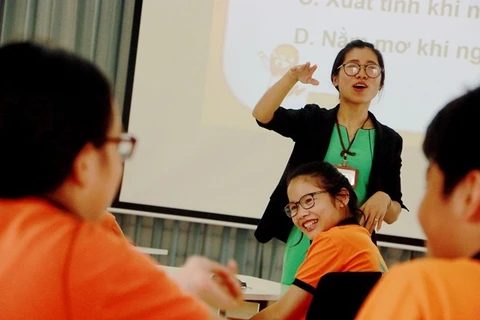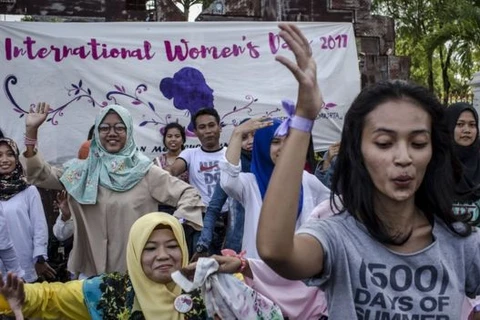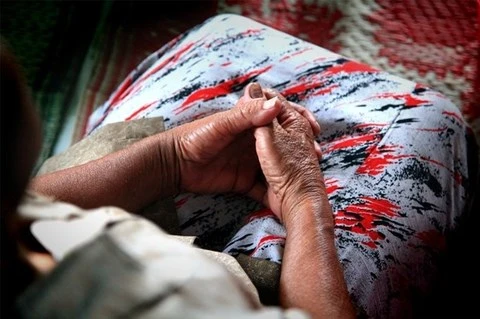 Yoriko Yasukawa, Asia-Pacific Director of the United Nations Population Fund (Photo: indonesia.unfpa.org)
Yoriko Yasukawa, Asia-Pacific Director of the United Nations Population Fund (Photo: indonesia.unfpa.org) Hanoi (VNA) – Improving education and training, especially sexuality education, to enhance socio-economic development and gender equality is one of the main targets set for the ASEAN Cultural and Social Community.
In an article in the Jakarta Globe, Yoriko Yasukawa, Asia-Pacific Director of the United Nations Population Fund (UNFPA), highlighted alarming gender discrimination and limited gender perception in ASEAN member countries and suggested ways to improve the situation.
According to Yasukawa, as of 2015, ASEAN countries are estimated to have 164 million people aged 10-24 and the figure will rise to 166 million by 2030.
In Southeast Asia, women’s labour force participation is 59 percent on average, compared to 82 percent for men.
A wage gap also persists, as women in Cambodia and Singapore, for example, earn a quarter less than men do.
There are almost 27 million adolescent girls aged 15-19 in ASEAN. Of these, 35 percent have married as teenagers and 18 percent have given birth before the age of 20.
In addition, over 40 percent of adolescent girls in at least three ASEAN countries feel that wife-beating is acceptable in some circumstances. Meanwhile, about 34 percent of women have experienced some forms of physical or sexual violence at the hands of their partners in their lifetime.
These numbers affirmed that sexuality education must be greatly expanded to help young people understand and share their circumstances.
The Asia – Pacific Director of the UNFPA advised governments to focus on comprehensive sexuality education, providing necessary knowledge for young people to protect themselves and eradicate gender discrimination.
ASEAN governments need to set explicit goals and make the political commitment to achieve it. This must be given as much importance as goals governing economic growth, she added.
Besides, businesses should provide political support to this cause by speaking out publicly and engaging in dialogues on this issue.-VNA























